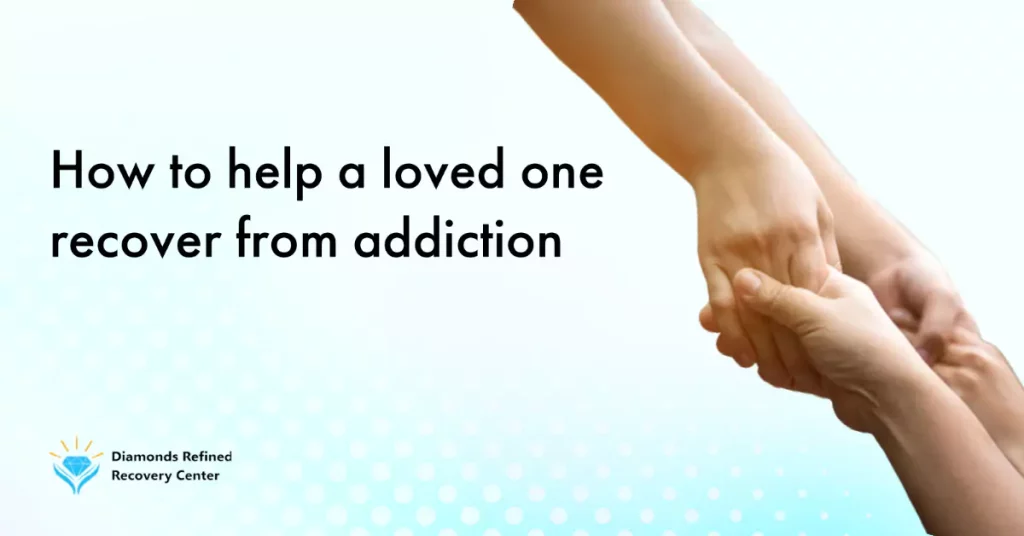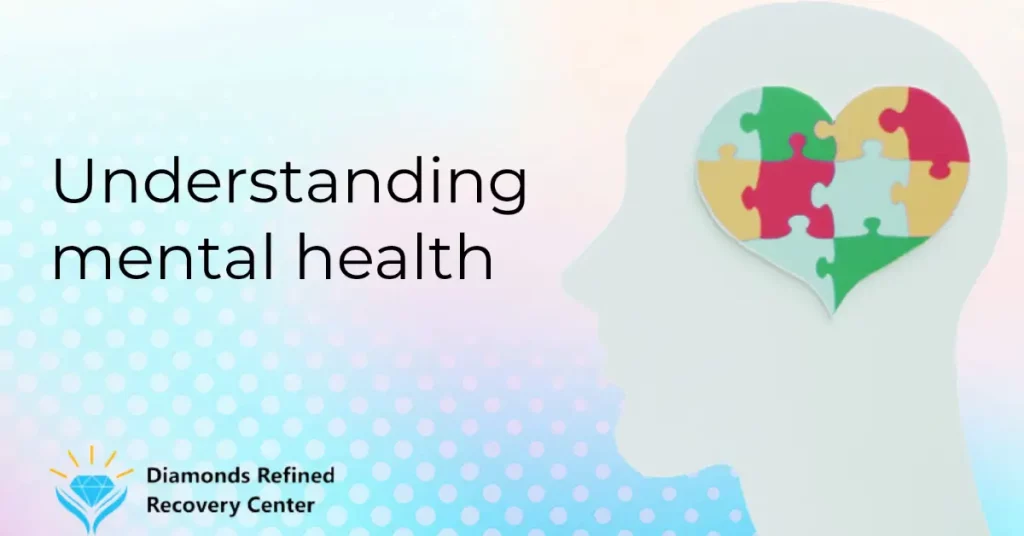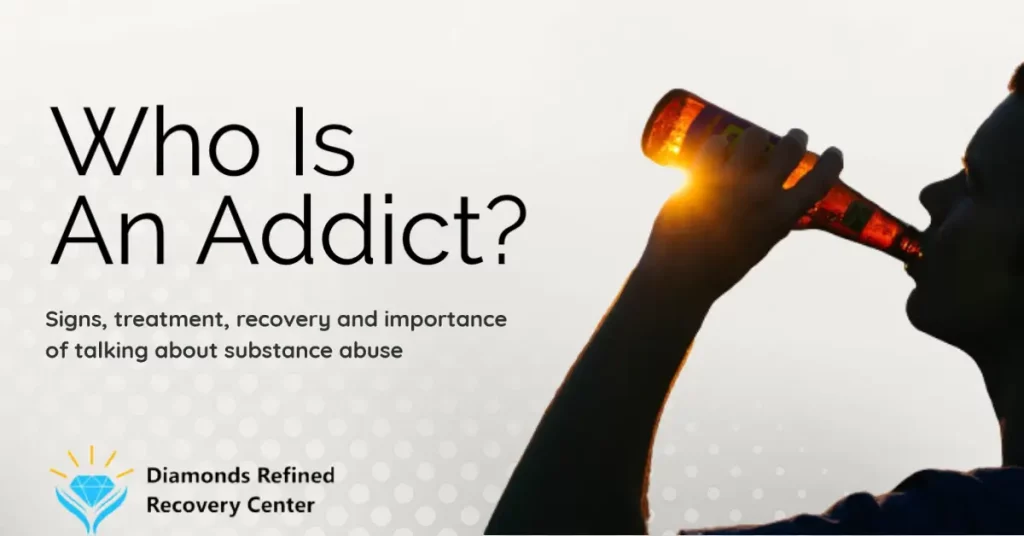Does this feel familiar?
You love someone who has alcohol or drug addiction. You have done your best to help this troubled individual countless times. Be it with money, offered your couch as a place to crash, begged and pleaded them to change, offered the opportunity for detox, therapy, or even rehab. Perhaps you have bought them drugs, just that once because they promised to enter treatment if you did.
Understand that you are becoming an enabler, but you do not see what other choices you have. After all, you care about this person deeply.
You spend sleepless nights worrying about his or her safety. You don’t know what you would do if something terrible were to happen.
And so, you continue with the cycle of giving and giving and giving- all while loathing and resenting the process you feel stuck in. But where do you go from here? How do you provide love and support without enabling?
Enabling occurs when your behaviours hinder someone from experiencing the real truth or consequences of their behaviours. In addition, it often means shielding, protecting, or downplaying the severity of one’s destructive choices.
Why Do We Do This? Is It Love Really?
Most of the time, it is out of Love. The love we have for our addict is so much that we are willing to go to any length to “better” the situation. Sadly, love is not a cure. Those struggling with addiction must take responsibility for their actions. We cannot do the work for them!
Out of fear, we worry that something negative might happen if we do not take care of our loved ones. For instance, a caring mother may offer her home to her child because she believes it is a safer choice than living on the streets. This gesture is normal. But is this fair to the mother? Is she helping- or harming- her child?
It is our habit as addicts to take advantage of our loved ones. We manipulate and steal from family members to continue with our habits.
We always want to shield the addict from pain. We believe that pain will only create more excuses to keep using. While this may be true, the efforts to protect pain often backfire as well. Addicts will quickly learn how- and who- they can manipulate to get what they want. As a result, they don’t often feel inspired to change their behaviour. Instead, they feel more encouraged to keep doing what they have already been doing.
How Do We Stop?
1. Learn and Understand About Addiction
Understanding addiction will help you support your loved one with more objectivity. Regrettably, there are a lot of widespread myths concerning addiction, such as the notions that:
- Willpower is all one needs to ‘beat’ addiction
- Forced treatment does not work
- One needs to hit rock bottom to seek help
- Abstinence is the only method for success
- A certain person, place, or thing caused the addiction
You must educate yourself. This education may be provided through meetings, readings, seminars, or even therapy.
If you are a family member, be aware that most medical professionals view addiction as a disease that runs in families. This notion holds that each individual contributes to the addiction’s reinforcement. As a result, recovery works best when everyone acknowledges their role in engaging in harmful or problematic behaviour.
2. Talk To Your Loved One
The effectiveness of boundaries depends on your ability to uphold them. Even if it could be challenging, it’s your responsibility to let your loved one know what you expect. Be aware that talking to your loved one may need having some difficult conversations.
It’s critical that you choose a time that is neutral to communicate your feelings if you haven’t previously. Keep it real and firm. Your emotions are valid, so you don’t have to try to conceal or minimize them.
Make an effort to keep the conversation on your feelings. Never blame attack, or accuse a loved one of bad behaviour. By doing this, you’ll probably encounter defensiveness or denial, neither of which will advance the topic of your talk.
3. Stop With the Excuses
Of course, you are concerned about how your loved one may be affected by addiction. Your anxiety has probably caused you to rationalize, justify, or come up with absurd justifications for some actions. It probably also motivated you to “repair” issues so that your loved one wouldn’t have to deal with them.
This enabling behaviour needs to stop. You are not expected to act as a babysitter. You are unable to “guard” the behaviour. If you have trouble with this idea, be aware that changing something is frequently motivated by some unpleasant repercussions. Why ought your loved one to be motivated to cease if there are never any negative outcomes?
4. Seek Healthy Support
For family members coping with the dangers of addiction, family therapy, peer support organizations offer friendship and assistance. Both organizations have regular gatherings where you can gain knowledge from other like-minded people. Also, you will learn more about how addiction functions.
Participation is not necessarily required. You can just show up to a meeting and listen and watch. But many people gain from telling tales, making friends with other people, reading books, and working with a sponsor.
5. Creating Financial Boundaries
Whatever the method, addiction is expensive. Your finances may suffer greatly if you support a habit that isn’t even your own.
You are entitled to place financial restrictions. There’s a significant probability your loved one is stealing from you if you’ve been carelessly disclosing your credit or account information.
Instead, think about how you would like your financial boundaries to appear. There isn’t a right or wrong. However, you may want to start with the following limits:
- Refusing to bail out your loved one from jail
- Refusing to pay any legal fees (lawyers, fines) as a result of the addiction
- Requiring rent or other relevant payments if the loved one still lives with you
- Limiting or withholding money from your loved one if he or she is actively using
What Are The Treatment Options
There’s a good probability that all you want is for the addict in your life to receive treatment. Perhaps your loved one have admitted to having an addiction problem and is ready to get help. However, this is not always the case. What if this not the case and they are reluctant about getting help?
Interventions
You might want to think about arranging an intervention to show your emotions and boundaries. Each individual must express their expectations for change for an intervention to be effective. Each individual will also need to state what will happen if the addict decides not to seek assistance.
It is important to take intervention seriously. Your words lose their meaning if you are unable to uphold your boundaries. Use this approach only once you are prepared to deal with whatever results it produces.
What About You? Allowing Throughout Treatment
You must look after yourself even if your loved one does receive assistance. Even when receiving therapy, addicts can still be very cunning. They might ask you for specific things, like money. They may threaten to leave or get high if you don’t follow through with their desired expectations.
Having your own support system at this time is a smart idea. You will also have access to your loved one’s treatment team. They can offer you suggestions and pointers on how to offer support without being enabling.
Enabling habits present a challenge for many people. Both you and others understand what you’re going through.




